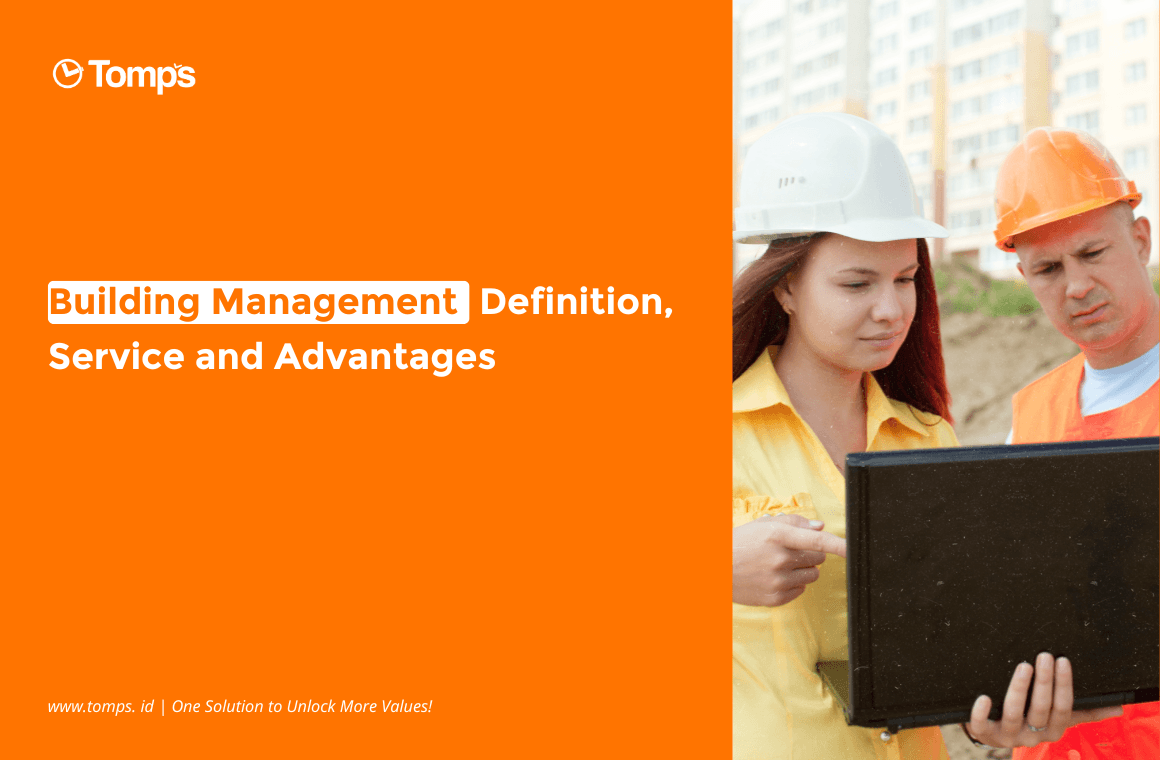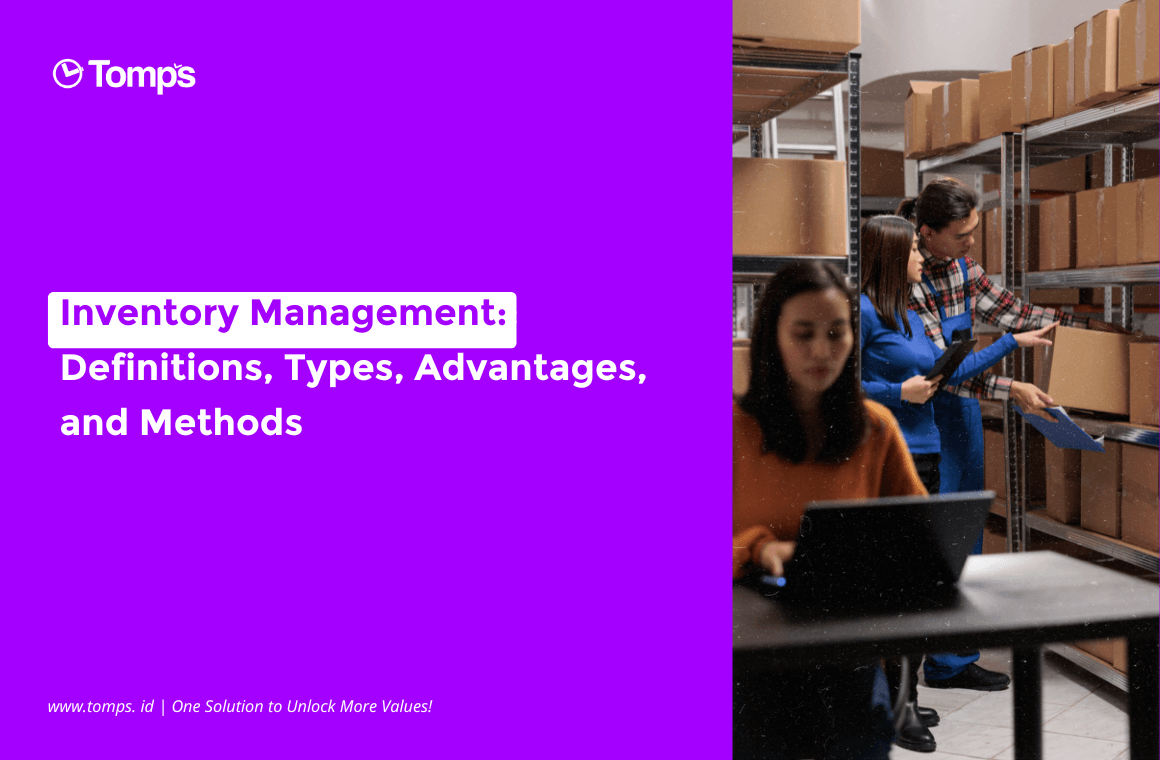The construction industry is one of the most important sectors in the global economy, contributing significantly to economic growth and infrastructure development. However, in order to achieve successful results in a construction project, effective management is essential. Construction management is a broad and complex discipline that involves planning, organising, and supervising all aspects of a construction project, including human resources, budget, equipment, and time. In this article, we will look at the importance of construction management, the challenges it faces, and strategies for achieving efficiency and safety in the construction industry.
The Importance of Construction Management
Construction management is essential to the success of any construction project. When a project is launched without proper planning or management, the risk of problems and failure skyrockets. Some of the reasons why construction management is so important are as follows:
Structured Planning
Construction management ensures that projects are well planned from the beginning. This includes determining the best construction methods, creating timelines, and ensuring efficient resource allocation.
Budget Management
The project budget is managed by construction management. Management can avoid unexpected costs by monitoring expenses and identifying deviations from the initial budget.
Project Supervision
Construction management is in charge of overseeing all aspects of the project, including physical progress, work quality, and safety. Effective monitoring aids in the early detection of problems and the avoidance of project delays.
Team Coordination
Contractors and work teams are involved in construction projects. Construction management ensures effective coordination among all parties involved in order to reduce conflicts and communication issues.
Safety
In the construction industry, safety is of the utmost importance. To protect workers and comply with applicable safety regulations, construction management develops and implements strict safety protocols.
Key Roles in Construction Management
In construction management, some of the key roles required to ensure a smooth project include:
- Construction Project Manager: A construction project manager is responsible for the planning, execution, and oversight of the entire project. They ensure that all project components run according to plan.
- Site Manager: A site manager is an individual who oversees the day-to-day activities on a construction site. They lead field teams, coordinate activities, and ensure that all tasks are carried out as planned.
- Quality Manager: Quality managers are responsible for ensuring that materials and construction work meet established quality standards.
- Safety Manager: Safety managers lead safety initiatives on construction sites, ensuring that all safety standards are followed to protect workers and visitors.
- Logistics Manager: Logistics managers are responsible for material inventory management and the storage and distribution of materials to construction sites.
Construction Management Process
The construction management process involves a series of sequential steps to ensure the smooth running of the project. Some key steps in this process include:
- Planning: The initial stage involves planning the project, including preparing a budget, schedule, and necessary permits.
- Design: At this stage, the project concept is converted into a technical design that can be used as a guide by the construction team.
- Bidding: The bidding process involves selecting the contractors and suppliers who will work on the project. This involves bidding and evaluating bids.
- Implementation: The implementation phase is when physical construction begins. The field manager leads the implementation of activities in the field.
- Monitoring: Monitoring is the stage where project progress is regularly monitored, costs and time are managed, and changes are made as needed.
- Completion: At this stage, the project is tested, inspected, and handed over to the owner or occupant concerned.
- Evaluation: Upon completion, the project is evaluated to understand what was successful and what can be improved in the future.
Challenges in Construction Management
Although construction management is very important, there are several challenges faced by cnstruction management professionals. Here are some of them:
Project Complexity
Construction projects are often very complex, involving many details and aspects that must be managed. Project managers must be able to deal with rapid change and overcome problems as they arise.
Team Coordination
Coordination between various teams and subcontractors is often a challenge. Ensuring that all parties communicate well and work together to achieve project goals can be a complicated task.
Resource Management
Construction management must manage human resources, equipment, and materials. This involves careful planning to ensure that resources are available when needed without excess or shortage.
Environmental Change
Changes in the project environment, such as unstable weather or regulatory changes, can affect the project schedule and budget. Construction management must be able to adapt to these changes quickly.
Safety and compliance
Worker safety is a top priority, and construction management must ensure that all aspects of the project comply with applicable safety regulations. This includes worker training, supervision, and safety monitoring.
Strategies for Efficiency and Safety in Construction Management
To achieve efficient and safe construction management, there are several strategies that can be implemented:
Use of Technology
The use of technology such as project management software and physical progress monitoring systems can help improve construction management efficiency.
Training and development
Continuous training for project managers and construction workers is key to improving safety skills and awareness.
Careful planning
Careful planning from the start of a project, including a comprehensive risk assessment, can help identify potential problems and take preventative action.
Strict Supervision
Close monitoring of physical progress, work quality, and safety is important to avoid delays and safety issues.
Good communication
Effective communication between all parties involved in a construction project is key to good coordination and quick problem resolution.
Latest Trends and Technology
The construction industry is constantly evolving, and construction management is no exception. Some of the latest trends and technologies influencing construction management today include:
- BIM (Building Information Modelling): BIM is a technology that combines 3D drawings and project data into a comprehensive digital model. This helps in better planning, collaboration, and informed decision-making.
- IoT (Internet of Things): IoT sensors are used to monitor construction aspects, such as humidity, temperature, and security, to optimise operations and safety in the field.
- Sustainable Construction: Energy conservation, the use of environmentally friendly materials, and sustainable development are increasingly becoming major concerns in construction management.
- Virtual Collaboration: Virtual collaboration software allows project teams to work together efficiently, regardless of their physical location.
- Data Analytics: Data analytics is used to monitor and understand project progress, predict risks, and make better decisions.
- Modular Building Technology: Modular approaches are increasingly being used in construction to increase efficiency and shorten construction time.
Conclusion
Construction management is a key component of any construction project. With solid planning, careful supervision, and the latest technology, construction projects can run smoothly and produce quality results. With the latest trends and technology, the future of construction management looks bright, with the potential for more efficient and sustainable projects. With a critical role in the development of the future, construction management continues to play a central role in creating a better world.
Reference:
Construction Project Management Software. (2023, August 19). The Ultimate Guide to Construction Project Management. ProjectManager. https://www.projectmanager.com/guides/construction-project-management
Gausch, K., & Estrellas, L. (2023, September 7). Construction Management: Benefits and Functions | SafetyCulture. SafetyCulture. https://safetyculture.com/topics/construction-management/







